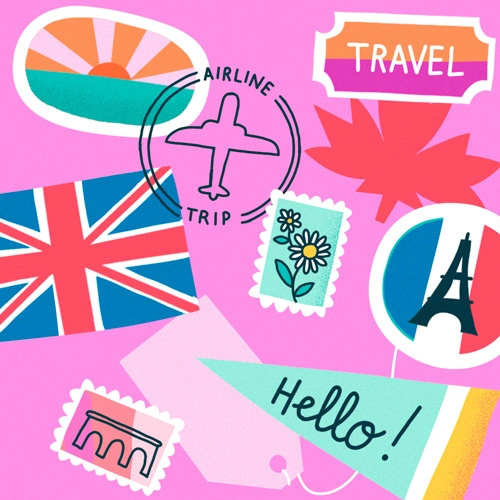¿Alguna vez has dudado al usar all o whole? Pueden parecer sinónimos ya que en algunos contextos podemos traducir ambas por todo, pero hay algunos matices en su utilización. Veamos cuales son las diferencias entre all vs whole
All vs Whole
Utilizamos all y whole antes de sustantivos y otros determinante para referirnos al total de cosas o conjunto de cosas en un grupo.
-All my family lives abroad
-My whole family lives abroad.
También solemos utilizarlos con the:
-She complains all of the time.
-She complains the whole of the time.
Pero con a/an usamos whole pero no all:
-I spent a whole day looking for that book and eventually found it in a little old bookshop on the edge of town.
-I spent
all a daylooking for that book and eventually found it in a little old bookshop on the edge of town.
All the con incontables
Usamos all the con sustantivos incontables, pero no the whole. Por ejemplo:
-She was given all the advice she needed.
-She was given
the wholeadvice she needed.
All y whole con sustantivos en plural
Normalmente usamos all the y all of con sustantivos en plural:
-It’s funny when all the actors come in dressed up in their costumes.
-She opens all the cupboard doors and doesn’t close them after her.
-You have to try all of the activities.
Cuando usamos whole con sustantivos en plural, quiere decir entero o completo.
Errores típicos
No usamos all antes de a y an:
-She ate a whole bar of chocolate in one go.
-She ate
all abar of chocolate in one go.
No podemos omitir the antes de whole con un sustantivo en singular:
-We travelled throughout the whole country.
-We travelled throughout
wholecountry.
Aunque all y whole pueden parecer intercambiables, cada uno tiene su propio uso específico en inglés que puede afectar el significado de tus oraciones. Recordar estas diferencias te ayudará a comunicarte con mayor precisión y evitar errores comunes. Si te quedaron dudas o quieres profundizar más en el tema, no dudes en interactuar con nosotros en nuestras redes sociales Facebook, Twitter o Instagram ;). ¡Estamos aquí para ayudarte a mejorar tu inglés!





